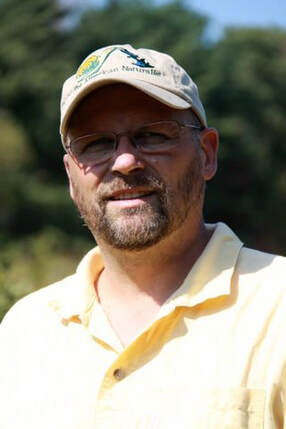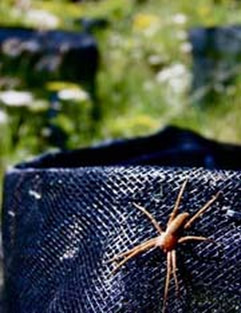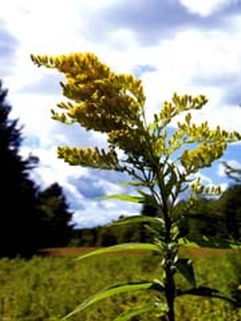Oswald J. Schmitz
Oastler Professor of Population and Community Ecology
Yale School the Environment Yale Department of Ecology and Evolutionary Biology Education
Ph.D. 1989, University of Michigan, School of Natural Resources
M.Sc. 1984, University of Guelph, Department of Zoology B.Sc. 1982, University of Guelph, Department of Zoology Curriculum VitaeResearchMy research focuses on studying the linkage between two important components of natural systems: pattern in the distribution and relative abundance of species biodiversity and the quantity and rate of biogeochemical cycling, resource supply, and plant production and ecosystem function. In this endeavor, I subscribe to a view of ecosystem structure that recognizes that biodiversity-ecosystem function relationships should be examined in two important dimensions. There is diversity in the functional groups of species (plants, herbivores and carnivores) that comprise ecological food chains. There is diversity in the kinds of species belonging to a particular functional group (e.g, grazing herbivores, browsing herbivores). This dimensionality is what makes ecosystems complex. The endeavor to understanding this complexity is what, for me, makes ecological science so exciting.
I tackle issues of complexity using field experimentation guided by formal mathematical theory of species interactions. Both theory development and field research is aimed at identifying functionally unique groupings of predators and herbivores. These insights in turn motivate research aimed at discovering how species functional identity causally determines the species composition and productivity of plants in ecosystems, and ensuing ecosystem processes such as nutrient and carbon cycling. I also conduct research that focuses on elucidating how important environmental disturbances, such as global climate change and natural resource exploitation, alter the nature and strength of species interactions in ecosystems and ensuing ecosystem services. I am also passionate about using scientific insights to aid efforts to conserve vital services that species in ecosystems provide to humankind. Such research evaluates how to rethink conservation strategies by considering species as part of a natural portfolio with substantial investment opportunity. This portfolio represents a wealth of potential alternatives to contemporary technologically intense and expensive approaches in environmental management. Teaching
Spring 2023: ENV 744, Conservation Science Spring 2023: ENV 746, Applied Conservation Ethics Fall 2022: ENV 511, Ecological Foundations for Environmental Managers Spring 2022: EVN 744, Conservation Science Fall 2021: ENV 900, Nature-Based Carbon Solutions in the Urban Realm: The Yale Campus as a Case Study Fall 2021: ENV 900, Doctoral Student Seminar Fall 2020: ENV 900, Doctoral Student Seminar Fall 2019: F&ES 900, Doctoral Student Seminar Spring 2019:EVST 273, Ecology and the Future of Life Fall 2018: F&ES 511, Ecological Foundations for Environmental Managers Spring 2018:EVST 273, Ecology and the Future of Life Spring 2018: F&ES 744b, Conservation Science Spring 2017: EVST 273, Ecology and the Future of Life Fall 2016: F&ES 530a, Ecosystems and Landscapes Fall 2016: F&ES 550a, Natural Science Research Methods Spring 2016: F&ES 744b, Conservation Science Fall 2015: F&ES 530a, Ecosystems and Landscapes Fall 2015: F&ES 550a, Natural Science Research Methods |
|



